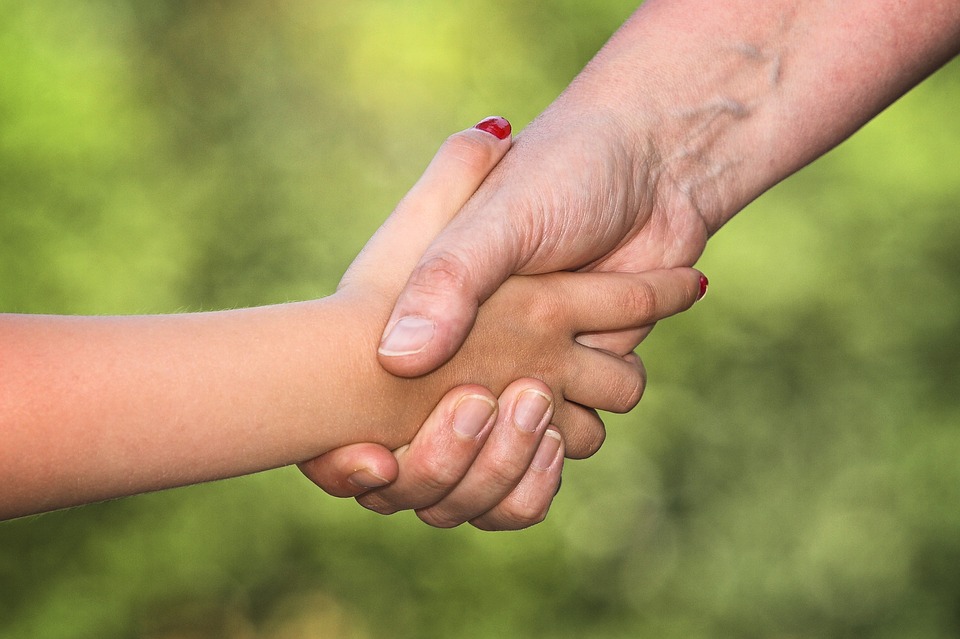By: Anonymous journalist whose friend underwent FGM
Age: 26
Country: India
“It was supposed to stop me from me doing ‘those things’. I’m not sure if it served the purpose,” M told me.
I would have known about this practice much later if I hadn’t met someone who underwent it.
As we were getting to know each other, one day M drew my attention to the fact that she was different from other girls. That was when I heard the term female genital mutilation for the first time.
“You should read about genital mutilation”, she said.
Later that night, I learned about this horrible practice meant to oppress women. I had so many unanswered questions for her.
~ How did she become a part of this?
~ Explaining what happened to you to all your companions must be tiring…
~ Was everyone as sensitive as me when she told them about what had happened to her?
~ Why does a well-educated family still practice it?
I called her. That’s when I heard her story.
She told me that men don’t take part in ‘matters of female’. She was only six or seven when her maternal grandmother took her for khatna. She thought they were going for afternoon prayers until the point when an old lady laid her on a table and pulled her pants away. But the real terror struck when her legs were pulled apart. All reasoning was silenced just like her protest and this memory was repressed. What does a child know about right or wrong? If the elders do it, it must be for good. Right?
“Where was your mother when all of this was happening, did she even know?” I asked her.
M said, “I don’t know. She hadn’t joined me when it was done to me. I can’t imagine her watching me go through something like that.”
Her mother probably didn’t want to inflict the pain on her, and at the same time, her mother could see there was flawed reasoning behind the practice. Her mother accepted that the tradition had to continue in silence.
Life went on as usual until M turned twenty. She was no longer a little girl. After she had sex for the first time, the repressed memories came up. She could no longer hide. She wondered, are my genitals different, am I different because of it?
M often felt she was not normal and even felt she was asexual. It was not just the altering of her genitals that made her feel different, but the lack of understanding of her body as well.
“Remember I would often wonder if I was asexual because of it? Well, those doubts are gone. I finally know I have the urge to have sex like anyone else,” M said to me to explain the doubts she had around her ability to orgasm.
She still remembers the first time her family openly talked about khatna. M was in college and an aunt was visiting from abroad. She heard her aunt speaking to her parents about the “mindless practice of female circumcision.” She joined the conversation, speaking publicly for the first time about her anger for having undergone it. But the conversation ended with her parents saying the following words “Daughter, you will understand later. It has to be done so that the girl doesn’t go out of hand.”
Like within most families in India, parents and their children do not speak about sexuality. She couldn’t let her family know she was sexually active. I sense that because parents see pre-marital sex as wrong, this idea has a very big role in the continuation of the practice. Therefore, while addressing FGM we can’t separate it from the need for sex education. Sex education must also include sensitizing the emotional and psychological aspects of sex as well.
“How can we bring an end to all this?” I asked her the last time we spoke.
“One thing is for certain,” M said. “I am not making my daughter go through this.”
Her decision is significant. Pledging not to continue it on the next generation is important, particularly when perhaps twenty years ago, many women never made this pledge.
“Will you ever talk publicly about it?” I asked her.
“I don’t know”, she said, “It’s not like I’m not trying to make any difference. I just feel I’m not ready to be public and deal with the attention I would get afterwards.”
Her answer made me realize that the people who are affected by the reckless act are not the only anchors of social change. We needed to focus equally on institutions that allowed such harmful traditions to continue.
Speaking to the religious heads about FGM is important. The most crucial aspect of reforming this age-old practice is educating people. Simply banning it by law is not the solution because this may lead some families to carry out khatna in secret, on their own.
She said, “Today’s young priests who get more educated think like us. I’m sure if they are encouraged to bring about changes, it will have a larger impact on the community.”
As a journalist, I’m sharing the story of my friend, because I believe the media’s role is critical in achieving social justice, and helping to get those larger institutions to think about creating change.

